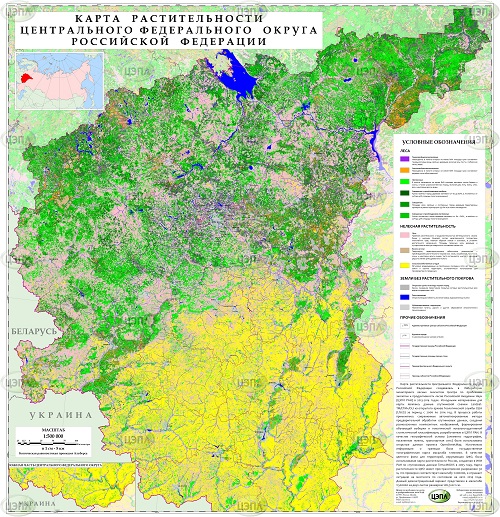
From climate change to climate crisis: a new normal for natural disturbances
Marc Palahí, EFI, 01/08/2019
From climate change to climate crisis: a new normal for natural disturbances
This summer new heat records have been set in several European countries and cities. Germany, UK, France, The Netherlands, Paris and London have seen extraordinary temperatures. Science is clear about the fact that heat waves are becoming more common, more severe and longer-lasting as global warming continues.
But science also shows that those intensifying effects are not linear in time and space. Rather, they are subject to a tipping point – the point at which a series of gradual changes or incidents becomes significant enough to cause a larger, more important change.
Climate change has now reached the tipping point of a climate crisis. This in turn is fuelling a new normal situation in Europe for forest disturbances like forest fires, bark beetle outbreaks, pine nematode or destructive storms. Two factors characterize this new normal: the geographical expansion of forest disturbances to new areas (for example, forest fires are increasingly affecting central and northern Europe); and the increasing interrelation and mutually intensifying effect between different disturbances – the retrofitting triangle formed by forest fires, bark beetle outbreaks and destructive storms is a good example.
Forests are vital for a climate neutral Europe
Addressing the increasing problem of forest disturbances is crucial not only in terms of forestry or civil protection considerations, but also to mitigate climate change. In fact, it is a prerequisite for moving towards a climate neutral Europe by 2050, a goal which was announced by the new President of the European Commission, Ursula von der Leyen in her recent EU Parliament speech.
European forests are the largest terrestrial carbon sink we have in our continent – and play an important global role. Forests in the EU represent less than 5% of the world’s forests in terms of area, but are responsible for more than 20% of the global forest sink, and mitigate around 10% of the annual European carbon emissions (equivalent to more than 400 Mt CO2e). This can be explained by the successful implementation of sustainable forest management by both private and public forest owners, and the unprecedented expansion of Europe’s forest area (both planned and unplanned) in recent decades. But it has also been made possible by the dynamism and demand of the European forest-based sector, which also contributes to climate change mitigation when producing renewable bio-based solutions that can replace carbon-intense materials like concrete, steel or plastics.
In a context of climate crisis, we cannot take Europe’s forest carbon sink for granted. We need new strategies, investments and incentives for sustainable forest management to continue maintaining this sink in the future. Look for instance at what has happened in Canada. Canada’s managed forests, due to the increased impact of forest disturbances, haven’t been a net carbon sink since 2001. In 2015, for instance, forests were a уе, due to the large areas affected by mountain pine beetle and especially forest fires.
This summer again forest fires are becoming an important source of carbon emissions in many parts of the world. Since June, more than 100 wildfires have raged across the Arctic. In Russia alone, wildfires have been burning in 11 of the country’s regions across the Russian Arctic, with 3.2 million hectares in Siberia affected, an area bigger than Belgium. In Europe too, Spain and Portugal have again faced important fire events, and for countries like Germany forest fires are becoming the new normal.
How can we deal with this new normal situation?
First, it requires a long-term strategic approach to develop science-informed adaptation strategies to help our forests adapt to the climate crisis and enhance their resilience to the increasing risk of natural disturbances.
Second, we need to recognise that this is a European problem which will not stop at national borders. We need a European approach rooted in transnational collaboration. This is vital to share knowledge from countries with expertise in dealing with particular disturbances to countries where such disturbances were not previously relevant. New strategies, whether regional, national or European, need to be based on integrated knowledge from an increasing number of disciplines and disturbances, which is often dispersed and fragmented in different European countries.
This is why we call for solid European collaboration to integrate, connect and share existing knowledge as basis for future joint actions. The climate crisis and forest disturbances transcend national boundaries, and strategies and actions too should transcend them.










